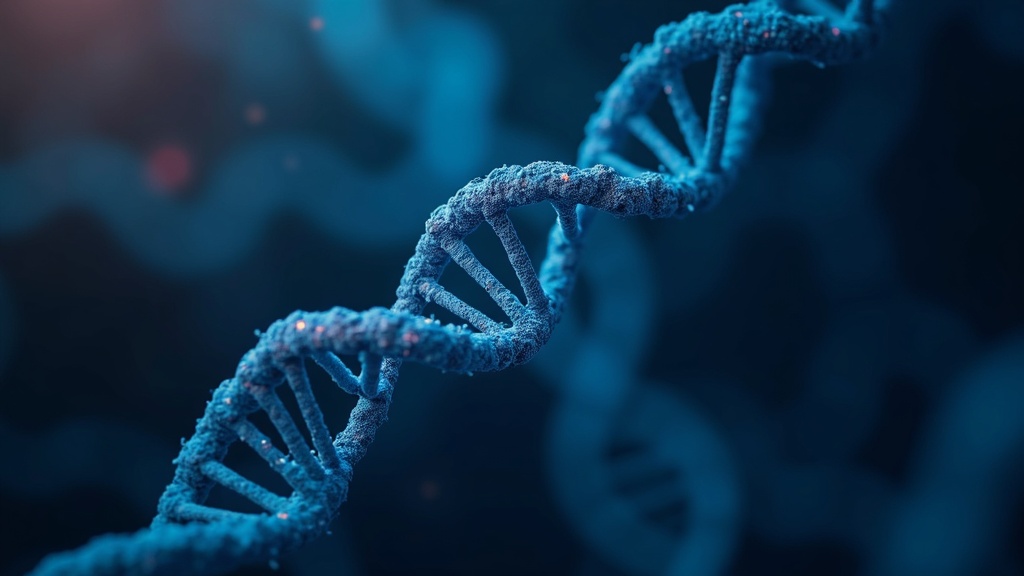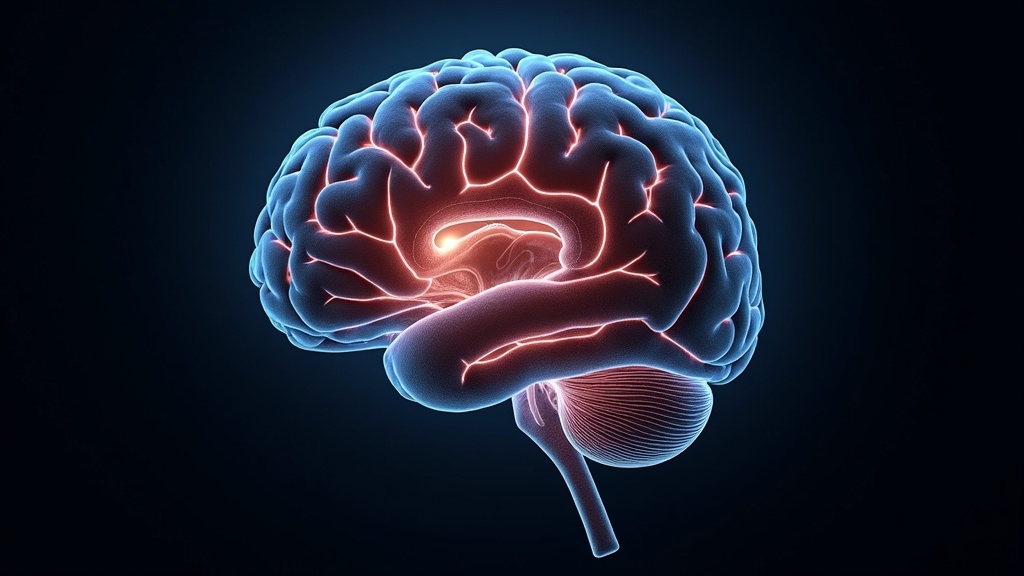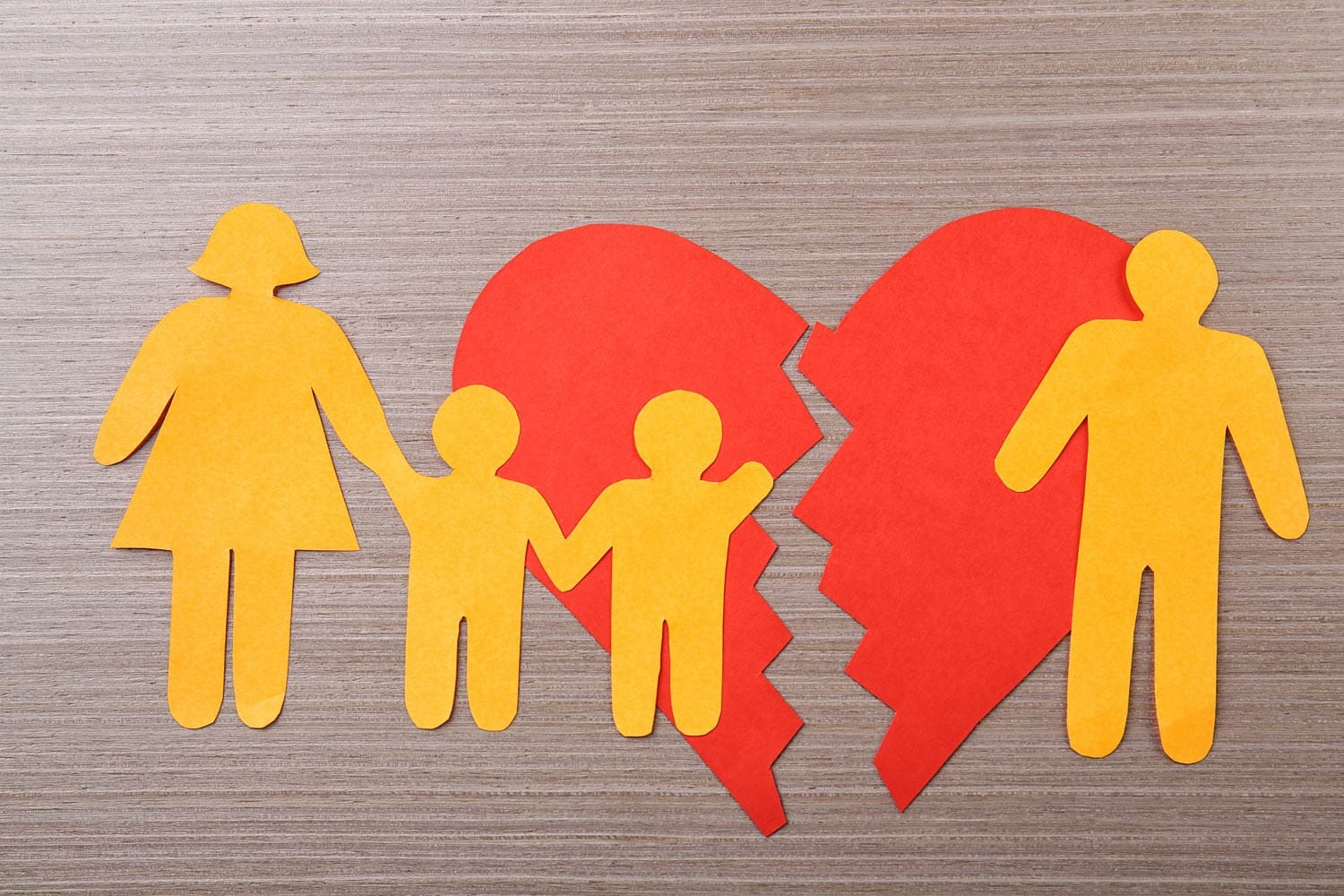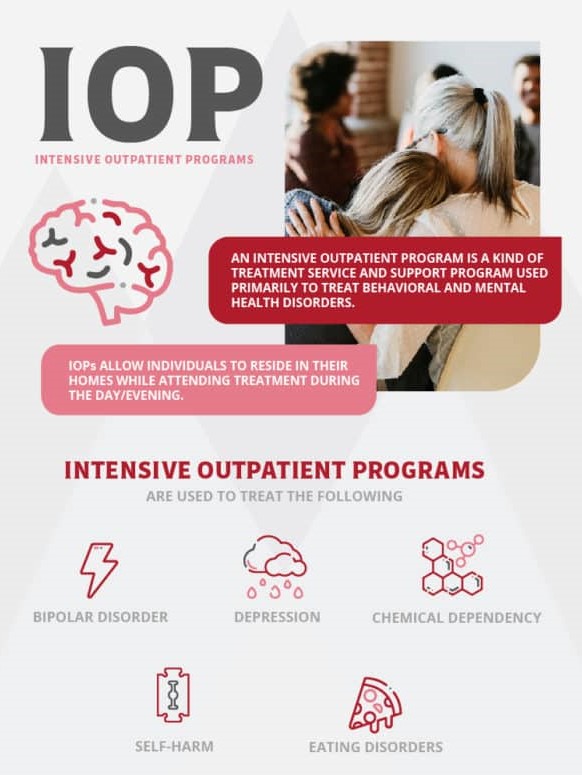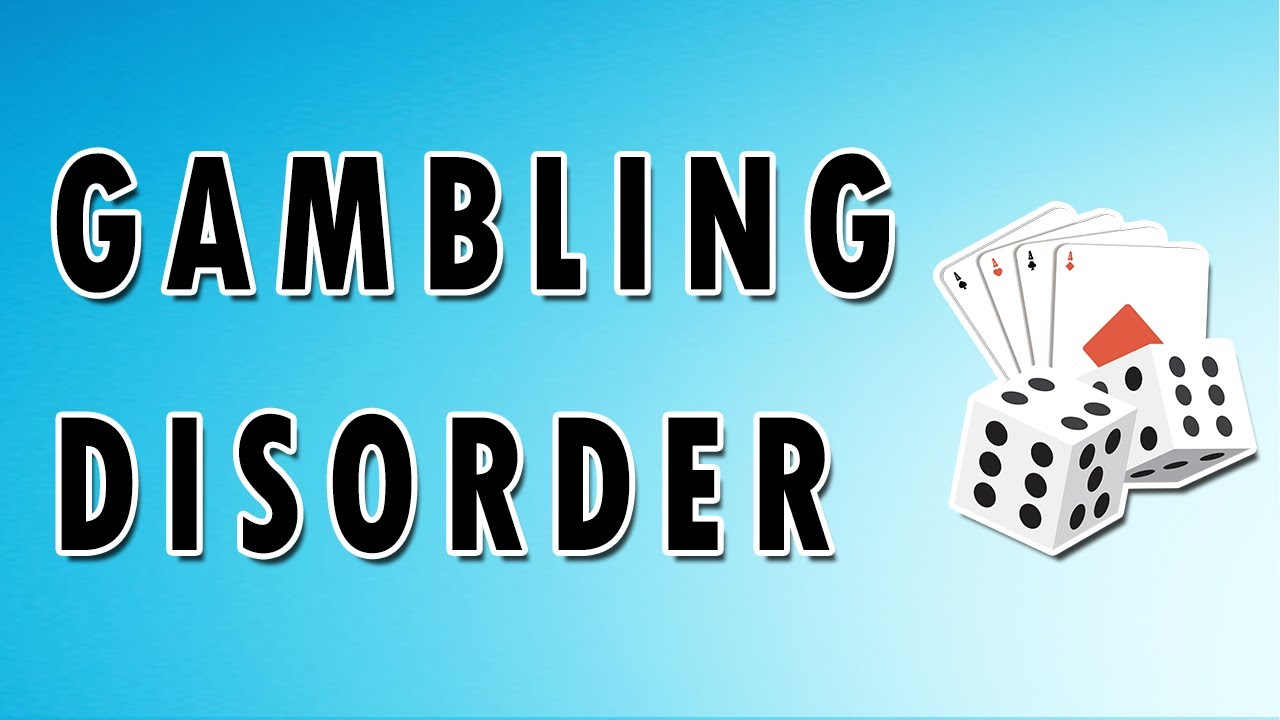How Genetics Influence Addiction
Genetics plays a significant role in how individuals respond to addictive substances, influencing why some people develop addictions more easily than others. Addiction is not simply a matter of willpower or environment; inherited traits can shape susceptibility and impact how the brain reacts to substances. Understanding the science of addiction genetics provides valuable insights for … Read more
